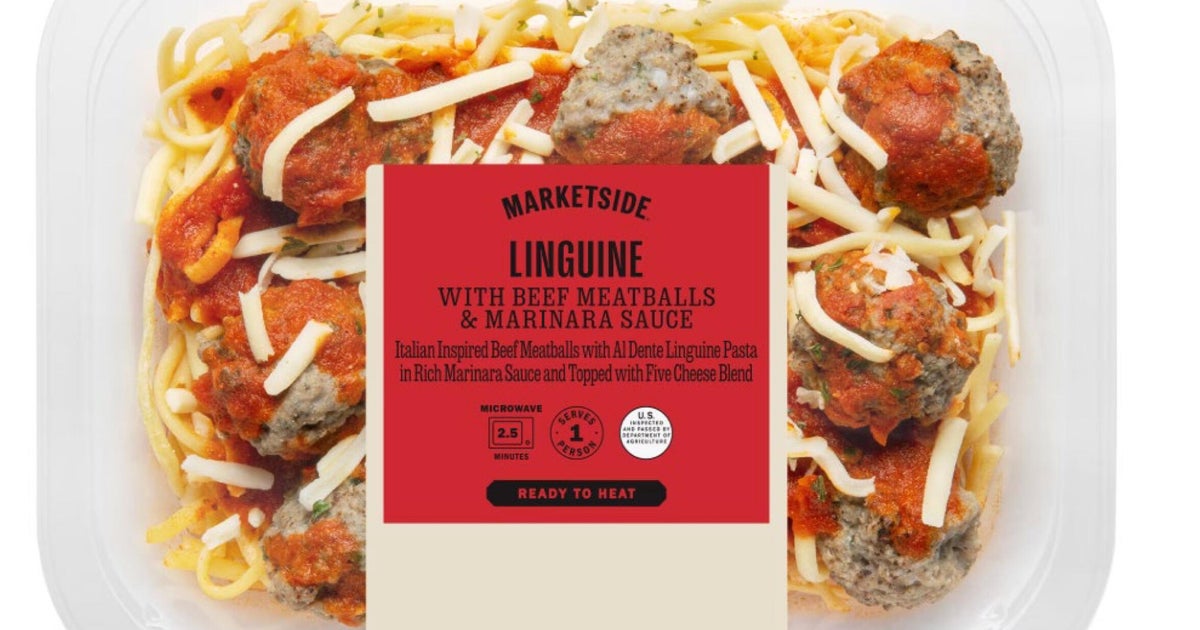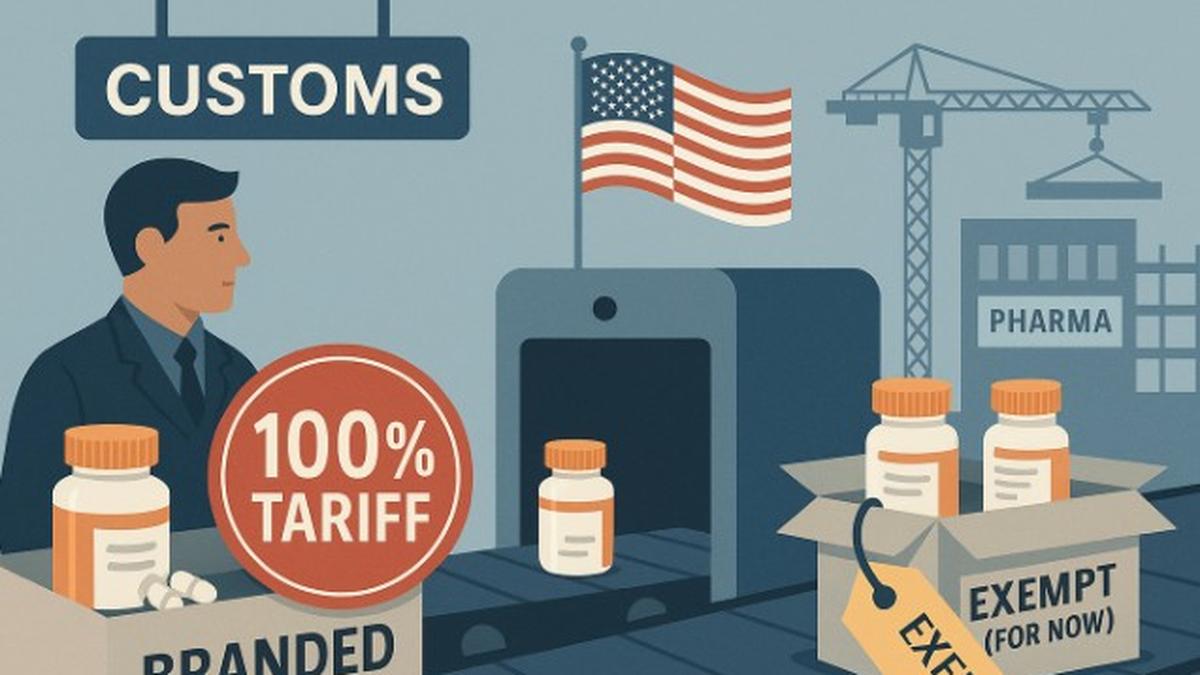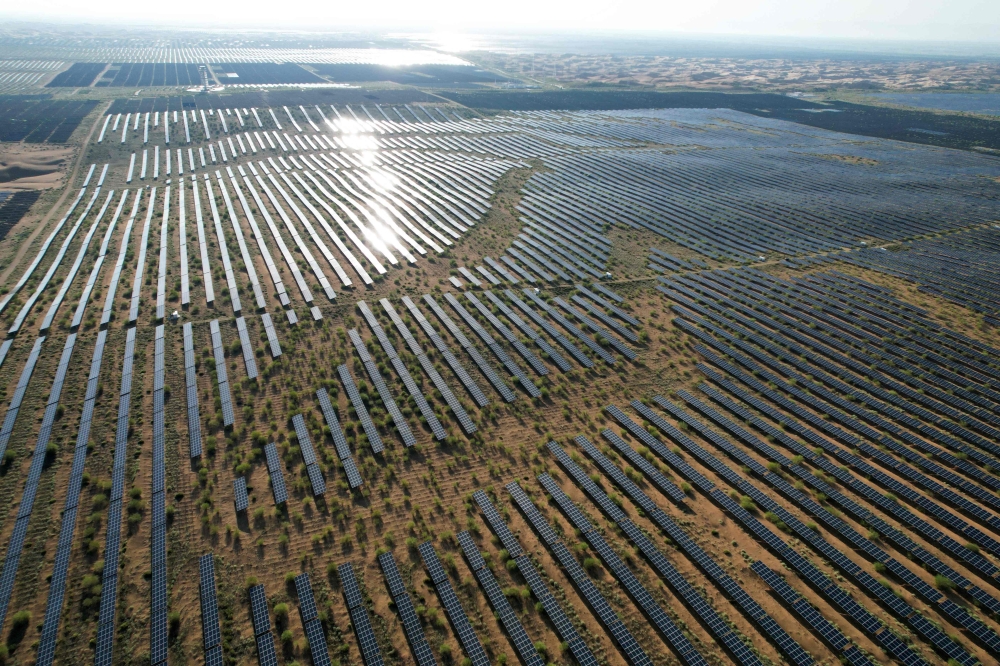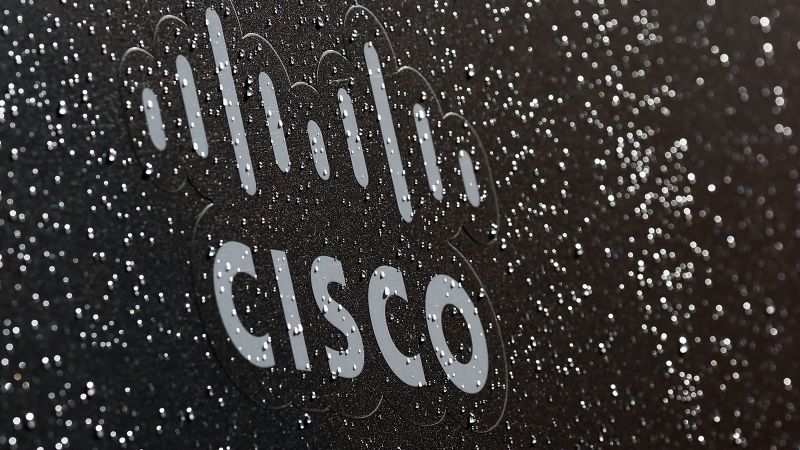Unbelievable Discovery: Major Irish Retailers Linked to Uyghur Forced Labor Cotton!

Imagine buying your favorite outfit only to find out it’s woven from the threads of human suffering. An explosive investigation by RTÉ reveals that at least 15 Bangladeshi factories, sourcing hundreds of tons of cotton from Chinese companies tied to forced labor practices, are supplying some of Ireland’s top retailers, including Penneys, Dunnes Stores, Marks and Spencer, and Tesco.
The implicated Chinese firms, Esquel Group and Jiangsu Lianfa Textiles, operate in the Xinjiang region, notorious for producing up to 30% of the world's cotton while oppressing the Uyghur minority through a systematic campaign of repression. Human rights violations documented by the United Nations paint a grim picture of torture, forced sterilizations, and other horrific abuses that some researchers argue could amount to crimes against humanity.
Despite public commitments by these retailers to avoid Xinjiang cotton, RTÉ Investigates found that their sourcing practices remain murky. Many retailers rely on certification schemes that, while promising, do little to ensure the cotton is free from forced labor. The Better Cotton initiative, which claims to be the largest sustainability program for cotton globally, admitted that its mass balance system—the very backbone of these retailers' claims—cannot definitively confirm the origins of the cotton in their products.
Even a former employee of Better Cotton expressed concern that cotton sourced through this mass balance strategy could potentially include Xinjiang cotton. As Patricia Carrier, a human rights lawyer with the Coalition to End Forced Labour in the Uyghur Region, stated, this cotton can be easily mixed with conventional cotton early in the supply chain, making it nearly impossible to trace its origins.
RTÉ Investigates verified that Uyghur workers were still employed at the suspected factories as late as December 2024, raising serious doubts about the integrity of the retailers' claims. Tesco, Marks and Spencer, and Penneys huddled with RTÉ over several months but failed to provide convincing evidence of their supply chain’s ethical sourcing.
While the retailers continue to assure customers that their cotton is responsibly sourced, experts are calling for a deeper investigation into supply chains down to the raw material level to root out forced labor. "Transparency is crucial," emphasized Carrier, urging companies to disclose their sourcing practices thoroughly.
The grim reality is that untraceable cotton, some of it potentially linked to the Uyghur forced labor crisis, continues to infiltrate European supply chains, years after the issue first came to light. Laura Murphy, an expert on Xinjiang's supply chains, stated that without proper regulations and enforcement, retailers will likely keep shipping products tainted by forced labor into Ireland.
For those who want to dive deeper, RTÉ Investigates: Forced Fashion airs tonight at 9:35 PM on RTÉ One and RTÉ Player, shedding light on this troubling issue.























